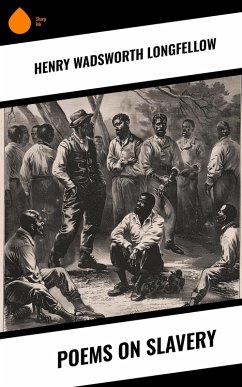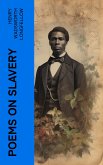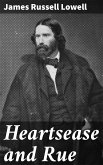Henry Wadsworth Longfellow's "Poems on Slavery" is a poignant collection of verse that confronts the harrowing injustice of slavery in 19th-century America. Drawing from the Romantic literary style that characterizes much of Longfellow's work, these poems employ vivid imagery, rhythmic elegance, and emotive language to articulate the profound moral dilemmas and human suffering wrought by the institution of slavery. Through powerful metaphors and a palpable sense of urgency, Longfellow positions his poetry as both a literary expression and a clarion call for social justice, marking a significant contribution to the abolitionist movement during a time of intense national turmoil. Longfellow, a prominent figure in American literature, was deeply influenced by his personal convictions and the cultural milieu of his time. His aspirations for a more equitable society, infused with the ethos of transcendentalism and humanitarianism, propelled him to address societal issues in his poetry. Having witnessed the agonies of enslaved people and the moral ambiguities surrounding slavery, he sought to inspire empathy and action among his readers, reflecting his commitment to both art and activism. "Poems on Slavery" is essential reading for anyone seeking to understand the historical context of American poetry and its intersection with social issues. Longfellow's impassioned verses remain relevant today, as they challenge readers to confront questions of justice, morality, and the human spirit. This collection invites you not only to engage with art but also to reflect deeply on the implications of its themes.
Dieser Download kann aus rechtlichen Gründen nur mit Rechnungsadresse in A, B, BG, CY, CZ, D, DK, EW, E, FIN, F, GR, HR, H, IRL, I, LT, L, LR, M, NL, PL, P, R, S, SLO, SK ausgeliefert werden.









